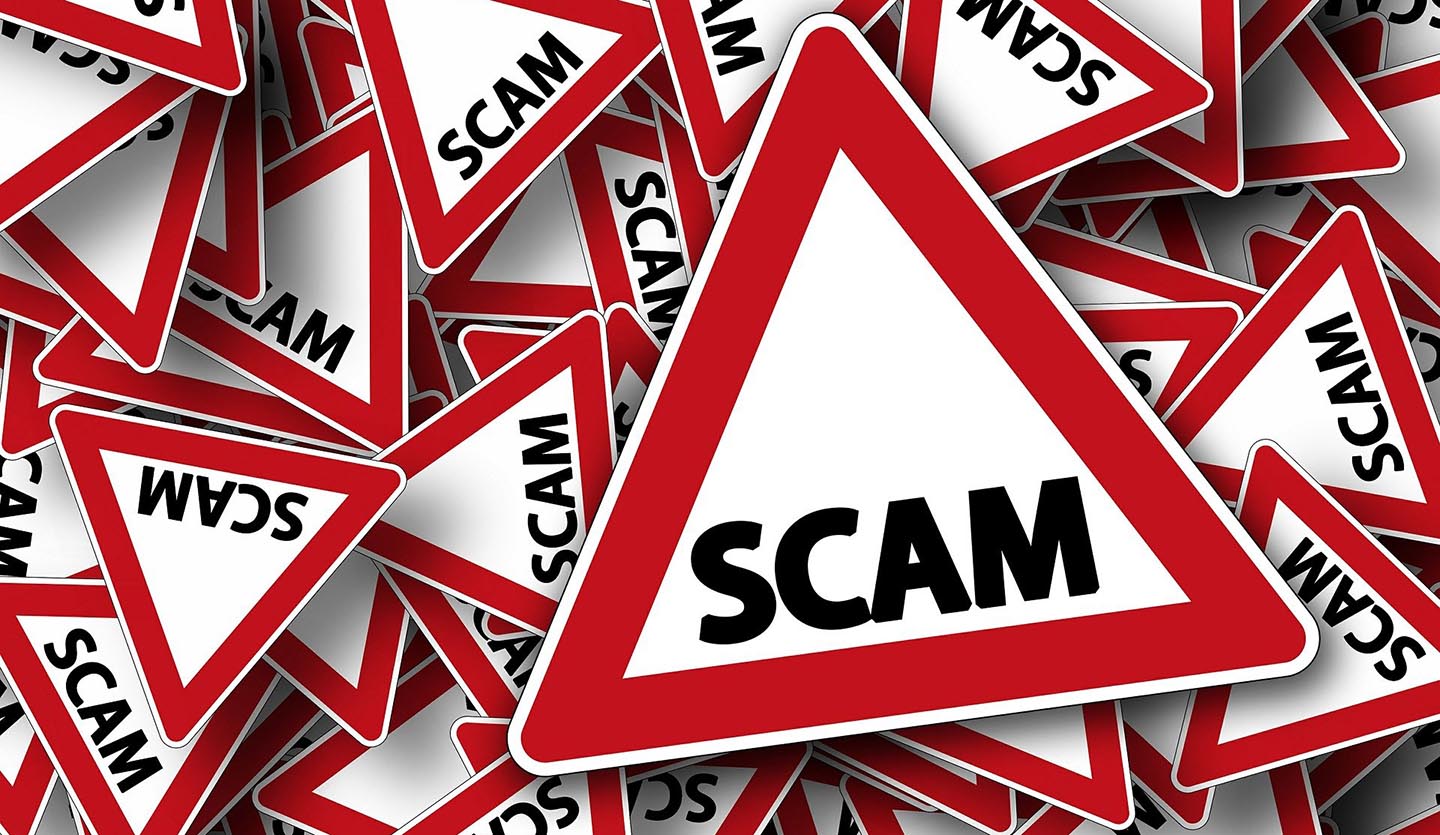Since the start of the Coronavirus pandemic, there has been a rise in scams targeting victims online. These scams could be sent to you in emails, texts and phone calls.
Well known ones that are currently circulating include texts claiming you need to pay Royal Mail a delivery fee, calls from HMRC saying you need to pay a tax bill and calls claiming to be the police or your bank investigating suspicious activity on your account.
Below are our tips on how to protect yourself:
- Do not open or respond to emails that look suspicious. The email could be asking you to give personal information or open an attachment you weren’t expecting (i.e. Invoices, Faxes etc). Do not click on a link in an email unless you are 100% sure it is safe to do so.
- Look out for strange links or website addresses. Your bank or official services from the government will have a very specific website/email address. Such as barclays.co.uk or gov.uk – scammers will not be able to use these but may use variations that are close to them in a bid to fool you.
- Never reply to or click on links in a spam message. This includes clicking the ‘unsubscribe’ link. When you click on this link, it actually informs the sender of the spam that your e-mail address is a legitimate e-mail address. Once the spammer knows that your e-mail address actually exists (they don’t know for sure until you reply to the message) this can open you up to more spam.
- Never give out financial information. Official organisations won’t call, text or email you asking for bank account or credit card numbers. Also real organisations won’t ask you to pay using odd methods, such as a gift card.
- Real organisations won’t pressure you to act immediately. Scammers often tell you you have a set time frame to respond (say 10 minutes) and if you do not respond in this time, something bad will happen. They use in this in the hope you will act quickly without checking.
- Stop and check the details using a reliable search engine – like Google. If you are unsure, you can search to see if anyone else has had suspicious calls, texts or emails from the same sender. You can also contact the organisation listed and ask if they know of any scams.



